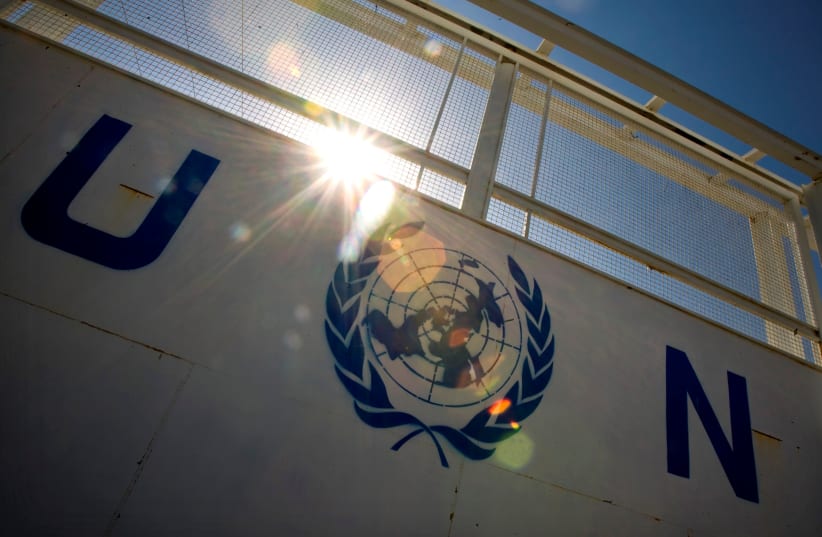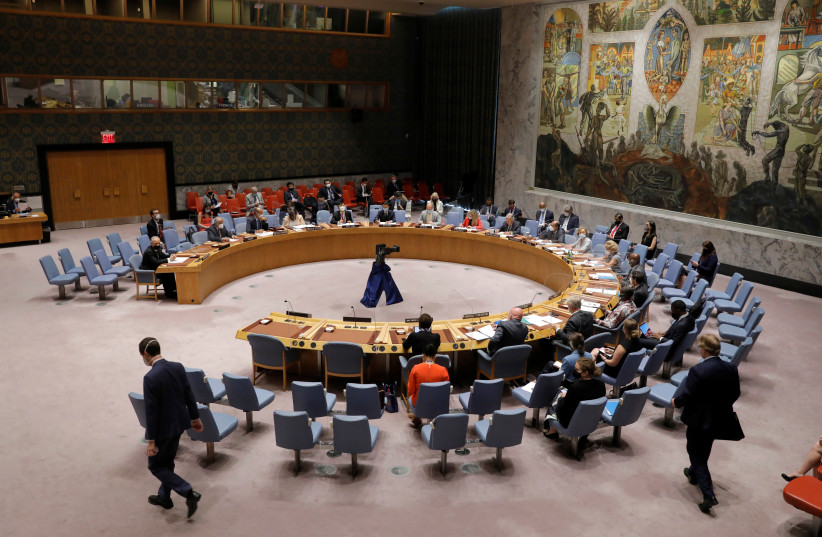Israel accused Iran and Syria of antisemitism over their opposition to its UN resolution on agriculture technology for sustainable development, which was approved 140-1 with 34 abstentions.
Syria was the sole opponent of the text, with its representative explaining that Israel lacked the moral authority to submit such a text given the “atrocities it has committed against the Palestinian and Syrian people. If you have no shame, you can do whatever you want.”
Iran did not vote at all. “We don’t recognize the so-called State of Israel,” said its representative. “So we didn’t vote against or in favor of this resolution.”
Most of the Arab group – including Jordan, Egypt, Bahrain, the United Arab Emirates and Sudan – abstained. Morocco was absent.
Qatar, on behalf of the Arab group, said that a similar text had already been submitted by China and the G77.
“Seeing Israel submit this draft resolution while it is the occupying authority is an odious conduct and attitude to try and hide its crimes against Palestinian agriculture and people,” its representative said.
Israel’s ambassador to the UN, Gilad Erdan, thanked the countries that supported the text.
“This resolution will impact nations across the world, from the island states suffering from climate change to the African nations combating food and water security issues.”
Still, despite the importance of the text, “There are still member states, such as Syria and Iran, who chose not to support it out of antisemitism and contempt,” Erdan stated. “These member states chose hate and petty politics over the betterment of humankind. Voting against a resolution simply because it was proposed by Israel was more important for them than voting for a brighter future for their citizens.
“But honestly, this is not surprising. Why would Syria, a member state who uses chemical weapons on its people, care for the future of its population? Why would Iran vote in favor, while it prefers to sponsor global terror over providing the farmers of Isfahan with water for their crops?”
A Palestinian representative spoke in Hebrew to ensure that Erdan understood that he been referred to as the “representative of the Israeli occupation and apartheid regime.”
He accused Israel of falsifying history by speaking of how it made the desert bloom.
“From the river to the sea, Palestine itself was not a desert before the Nakba,” said the Palestinian representative.
The Palestinian representative also spoke in English to ask that the international community halt its acceptance of Israel’s “occupation” by opposing texts such as this one.

